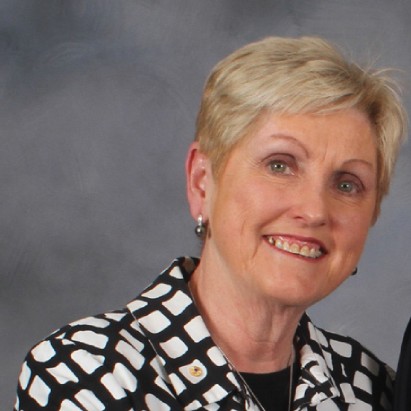Lead researcher
Prof Ingrid Winship, Dr Kahlid Mahmood, A/Prof Daniel Buchanan, Mr Peter Georgeson, Ms Emma Barrance, Dr Natalie Diepenhorst, Ms Julie Toner

Institution
University of Melbourne
Tumour type:
Bowel
Years funded
2021-2023
Project description
Using state-of-the-art computation, we will profile tumours by studying their genomic make-up and generating their ‘signature’ or ‘fingerprint’, known as their ‘tumour mutational signature’ (TMS). These signatures can identify a tumour’s active processes, including its likely causal factors – both inherited and environmental. Our first aim is to undertake the TMS profiling of two cohorts of people with unexplained familial bowel cancer to identify family members who share TMS profiles and therefore a likely common cause of their cancer. By comparing the TMS profiles from differently characterised data sets, we will then aim to identify unique TMS profiles that differentiate inherited familial bowel cancers from those that are non-inherited.
What is the need?
Bowel cancer is a leading cause of cancer-related death in Australia; it is also one of the most preventable. Routine screening programs have helped reduce bowel cancer incidence and mortality in the over-50 age group, indicating that it is preventable if we know who to target for screening. Up to 35% of bowel cancers are thought to be caused by inherited risk factors, yet the underlying genetic cause of 90-95% of familial bowel cancers currently remains unknown. This is a significant global health problem that TMS profiling will address.
I have a passion for using genomics to reduce the burden of disease caused by cancer through a preventative approach and translating research findings into better practice and policy.
What are you trying to achieve?
This study will assist in the development of new personalised screening tools and cancer prevention strategies. It will lead to a better understanding of familial bowel cancer caused by both genetic and modifiable risk factors and identify associated prevention strategies such as targeted screening, chemoprevention, and lifestyle changes.
How important is this funding?
This will make it possible to take the conceptual plan we have deigned to the next level. Our aim is to use technology to reduce bowel cancer in young adults and their family members. This funding will allow us to undertake the expensive genome sequencing and apply the mathematic formulae, to give us the keys to unlock this mystery.
Project timeline
| Timeline |
2021 |
2022 |
2023 |
| Collect and analyse blood and tissue bio-samples from target cohorts. |
|
|
|
| Conduct further WES testing. Begin analysis to evaluate shared TMS. Undertake variant calling. |
|
|
|
Complete analysis of shared TMS in familial bowel cancer cases.
Compare results with other data sets. Identify susceptibility genes. |
|
|
|
Award / Duration
3 years